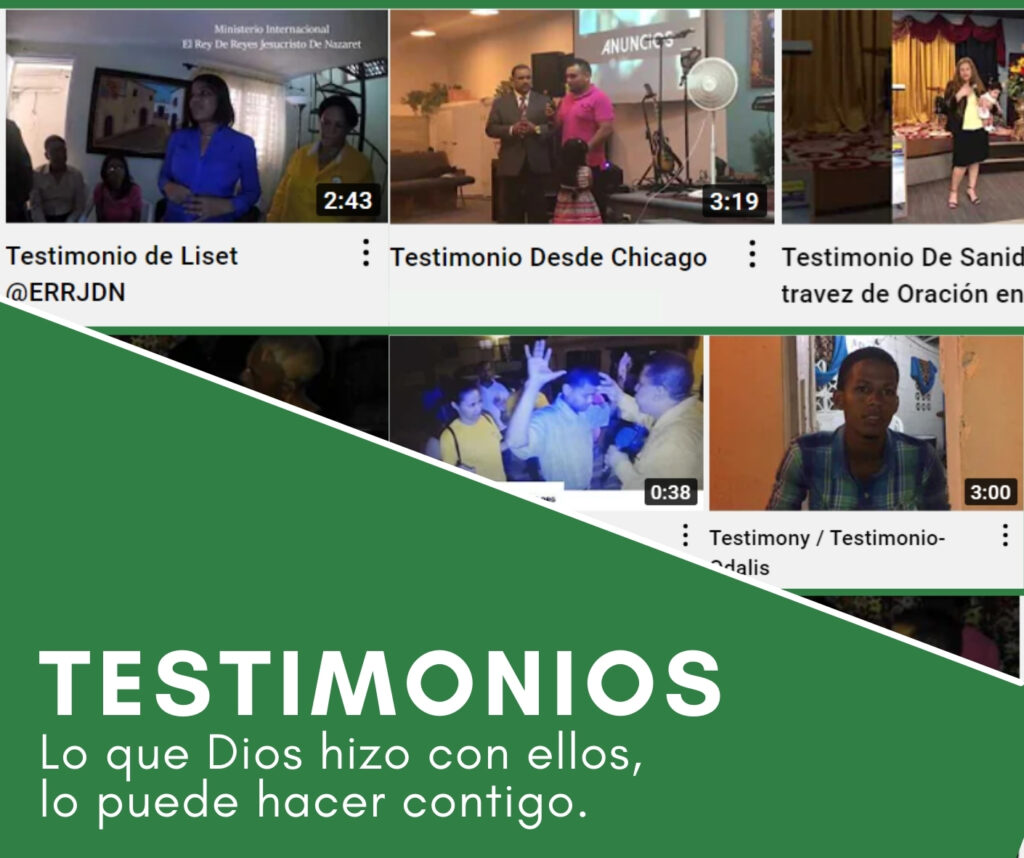Empower Forgiveness: Invoke Healing
If you are looking for ways to find forgiveness through Christ, healing through forgiveness, or biblical guidance to forgiveness, you’ve come to the right place. This blog post will go over those as well as describe ways that you can empower forgiveness: invoke healing in others and yourself through Jesus Christ. We will start the blog by going over Jesus’ teachings on forgiveness.
Navigate through this blog post:
- Jesus’ Teaching on Forgivess
- Forgiveness in Christ
- Healing Through Forgiveness
- Empower Forgiveness: Invoke Healing Biblical Guide to Forgivess
- Forginess and Self-Healing
- Watch our video on forgiving others and yourself
Jesus’ Teachings on Forgiveness
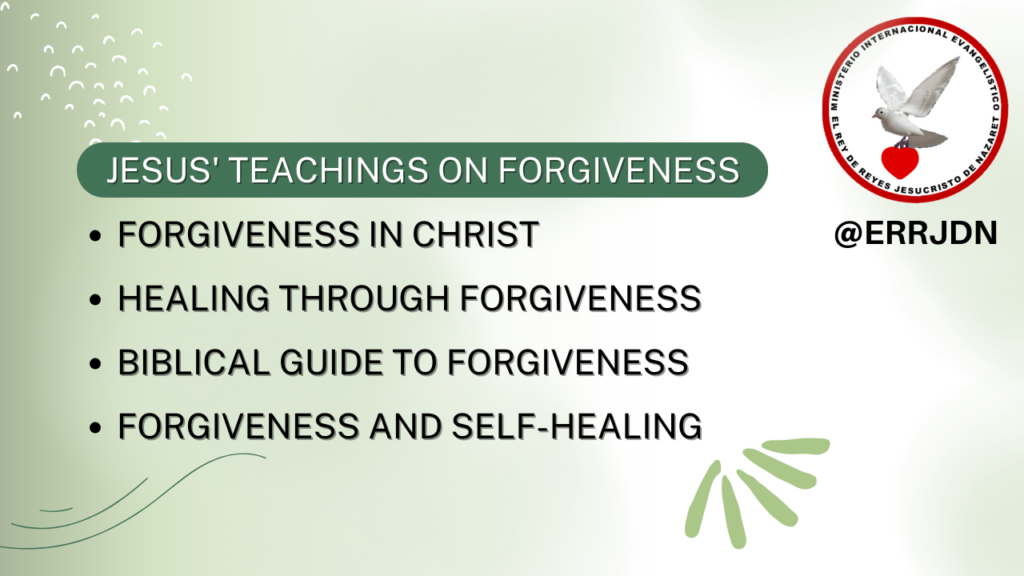
Forgiveness holds profound spiritual power. In this blog post, we’ll explore the transformative nature of forgiveness, focusing on Jesus Christ’s teachings. Discover how forgiveness liberates both the forgiver and the forgiven, drawing from impactful Bible verses to guide your journey toward healing and reconciliation.
Jesus’ teachings on forgiveness serve as a cornerstone of Christian faith, emphasizing the transformative power of pardoning others and oneself. His profound messages were often illustrated through parables and lived out in his own actions.
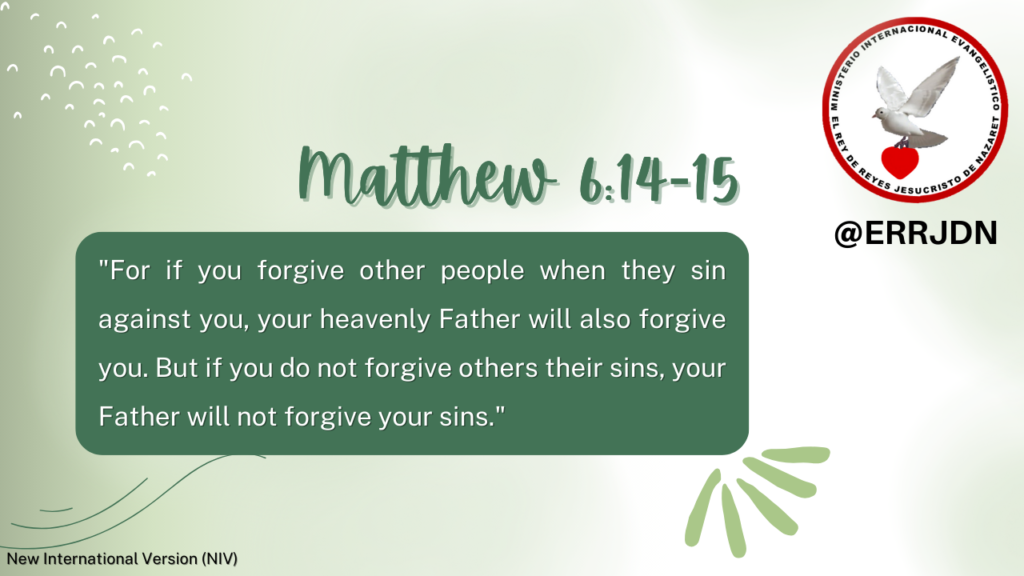
In the Sermon on the Mount, Jesus delivers the Lord’s Prayer, a pivotal moment where he teaches the importance of forgiveness. In Matthew 6:14-15, Jesus explicitly connects God’s forgiveness with our own acts of pardoning others: “For if you forgive other people when they sin against you, your heavenly Father will also forgive you. But if you do not forgive others their sins, your Father will not forgive your sins.” This establishes the reciprocal nature of forgiveness as a fundamental aspect of Christian life, emphasizing the necessity of pardoning others to receive divine forgiveness. Let’s empower forgivess: invoke healing.
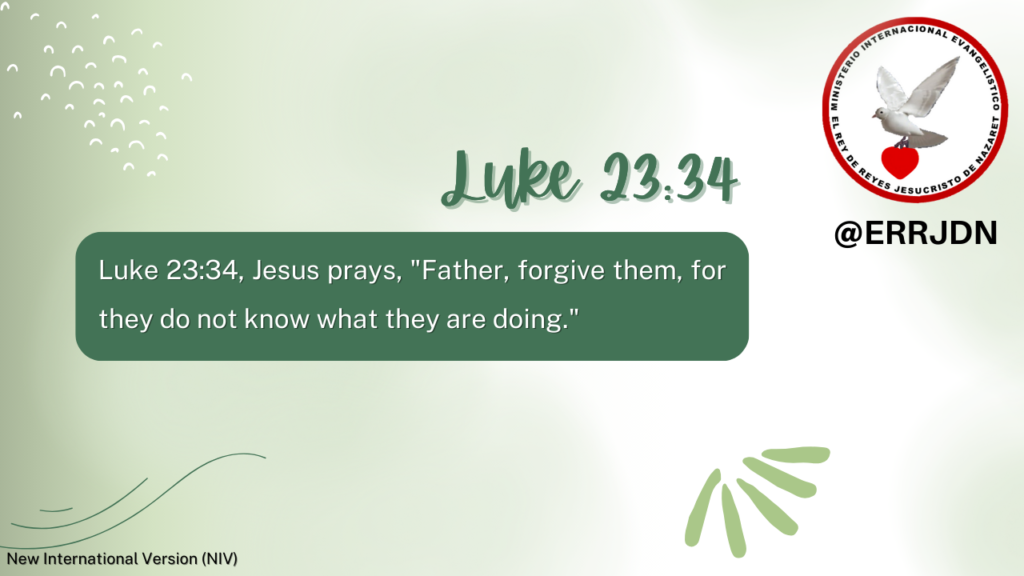
Another striking instance showcasing Jesus’ teachings on forgiveness is seen during his crucifixion. Despite being unjustly condemned and enduring unimaginable suffering, Jesus extends forgiveness to his persecutors. As he hangs on the cross in Luke 23:34, Jesus prays, “Father, forgive them, for they do not know what they are doing.” This act of unconditional forgiveness, even in the face of immense pain, epitomizes the essence of Christ’s teachings. Jesus’ actions illustrate the depth of compassion and grace, emphasizing the transformative nature of forgiveness as a pathway to healing and reconciliation, echoing the central message of love and forgiveness throughout his teachings.
Understanding the Essence of Forgiveness
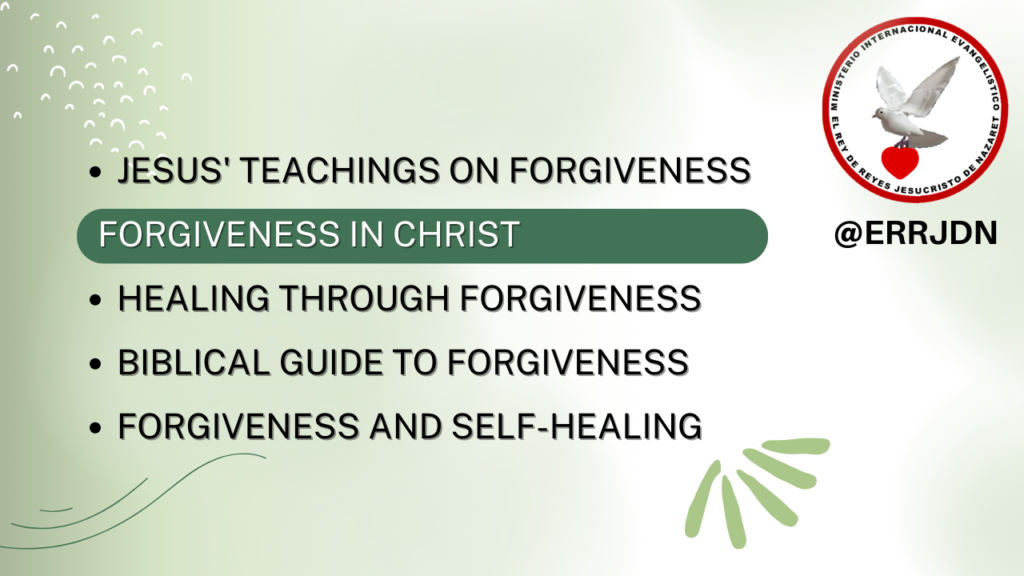
Understanding the essence of forgiveness is pivotal in comprehending Jesus Christ’s teachings. His profound emphasis on forgiveness as a foundational principle is evident throughout his ministry.
Jesus often conveyed his teachings through parables, using vivid illustrations to illuminate profound truths. The parable of the unforgiving servant in Matthew 18:21-35 exemplifies Jesus’ teachings on forgiveness. In this parable, a servant owes an exorbitant debt to his master but pleads for patience and forgiveness. Astonishingly, the master, moved by compassion, forgives the entire debt. However, when the forgiven servant encounters a fellow servant who owes him a much smaller sum, he refuses to show mercy and has him thrown into prison. The master, upon learning of this, condemns the unforgiving servant, illustrating the dire consequences of lacking a forgiving heart. This parable poignantly underscores the importance of extending the same forgiveness we have received from God to others.
Jesus’ teachings on forgiveness, rooted in love and compassion, extend beyond mere words. During his crucifixion, amidst unimaginable agony, Jesus demonstrates the ultimate act of forgiveness. As he hangs on the cross in Luke 23:34, Jesus prays, “Father, forgive them, for they do not know what they are doing.” This act of unconditional forgiveness toward those crucifying him exemplifies Christ’s unparalleled compassion and epitomizes his teachings on forgiveness—a profound lesson in grace and mercy even in the face of extreme suffering.
These teachings by Jesus underscore the transformative power of forgiveness, highlighting its indispensable role in our spiritual lives and underscoring the reciprocal nature of forgiving others as an integral part of receiving divine forgiveness. Let’s empower forgivess: invoke healing.
Empower Forgiveness: Invoke Healing | The Healing Power of Forgiveness
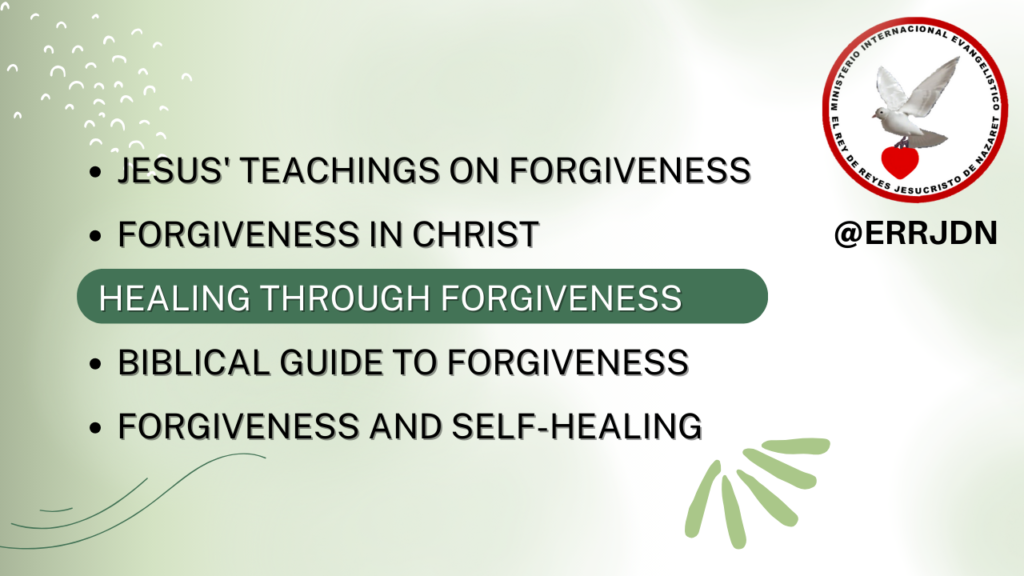
The healing power of forgiveness, emphasized in Jesus’ teachings, extends beyond mere words; it’s a transformative force that brings liberation from emotional burdens and fosters spiritual growth. In Ephesians 4:32, the apostle Paul implores, “Be kind and compassionate to one another, forgiving each other, just as in Christ God forgave you.” This verse encapsulates the essence of forgiveness as an extension of the grace and mercy we have received through Christ’s forgiveness, highlighting its role in fostering compassion and kindness towards others.
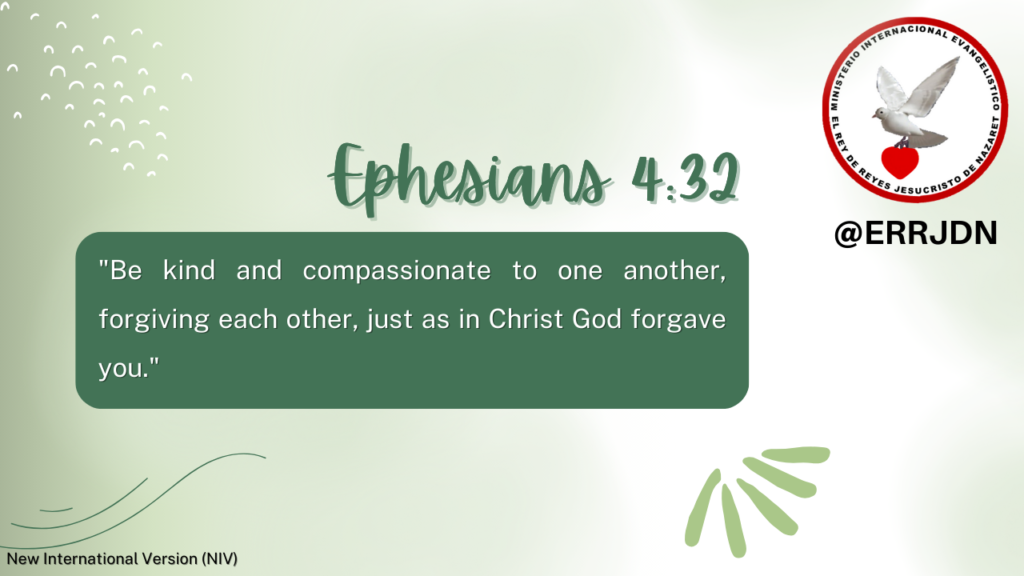
Jesus, in his teachings, repeatedly emphasizes the correlation between forgiveness and healing. In Mark 11:25, he encourages a direct link between forgiveness and answered prayer: “And when you stand praying, if you hold anything against anyone, forgive them, so that your Father in heaven may forgive you your sins.” This direct correlation emphasizes forgiveness as a prerequisite for experiencing divine forgiveness and the spiritual healing it brings.
Moreover, the healing aspect of forgiveness is also about personal growth and inner peace. In Matthew 5:23-24, Jesus emphasizes the importance of reconciling with others before presenting offerings at the altar, highlighting the significance of resolving conflicts and seeking forgiveness as a means to inner peace and spiritual well-being.
Forgiveness, as taught by Jesus, serves as a guiding light in relationships. In Colossians 3:13, the apostle Paul advises, “Bear with each other and forgive one another if any of you has a grievance against someone. Forgive as the Lord forgave you.” This echoes the idea of modeling our forgiveness after Christ’s example, emphasizing its role in fostering healthy relationships and personal growth.
Jesus’ teachings underscore that forgiveness is not merely a transactional act but a transformative process that heals wounds, fosters inner peace, and nurtures spiritual growth. Embracing forgiveness, following the example set by Christ, is pivotal in experiencing both personal healing and nurturing wholesome relationships with others. Continue to empower forgivess: invoke healing.
Empower Forgiveness: Invoke Healing Biblical Guide to Forgiveness
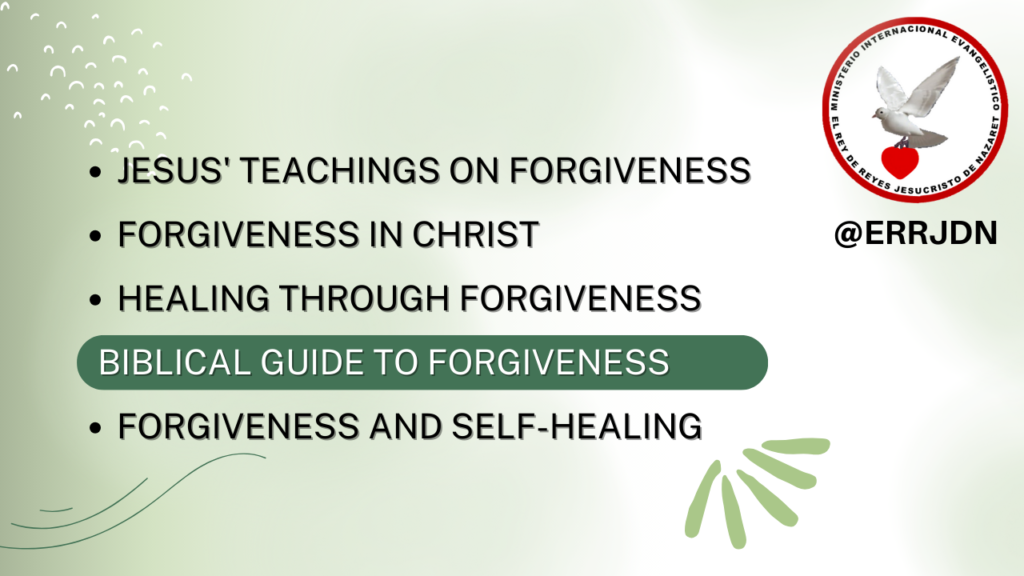
Forgiving Yourself in Christ
- Accept God’s Grace: Romans 8:1 reassures, “Therefore, there is now no condemnation for those who are in Christ Jesus.” Embrace God’s unconditional love and forgive yourself as He forgives.
- Learn from Past Mistakes: Philippians 3:13-14 encourages growth: “Forgetting what is behind and straining toward what is ahead, I press on toward the goal to win the prize for which God has called me heavenward in Christ Jesus.” Use past mistakes as lessons for growth.
- Practice Self-Compassion: Proverbs 19:11 advises, “A person’s wisdom yields patience; it is to one’s glory to overlook an offense.” Extend grace to yourself as you would to others.
Steps Towards Forgiving Others
- Reflect on Jesus’ Example: Emulate Christ’s forgiveness even in the face of betrayal and suffering. Luke 23:34 recounts Jesus praying for His persecutors: “Father, forgive them, for they do not know what they are doing.”
- Release Resentment and Anger: Colossians 3:13 advises, “Bear with each other and forgive one another if any of you has a grievance against someone. Forgive as the Lord forgave you.” Letting go of bitterness opens pathways to spiritual freedom.
- Empower Forgiveness: Invoke Healing. Communicate and Reconcile: Matthew 18:15 urges direct communication: “If your brother or sister sins, go and point out their fault, just between the two of you.”
Empower Forgiveness: Invoke Healing | Forgiveness and Self-Healing
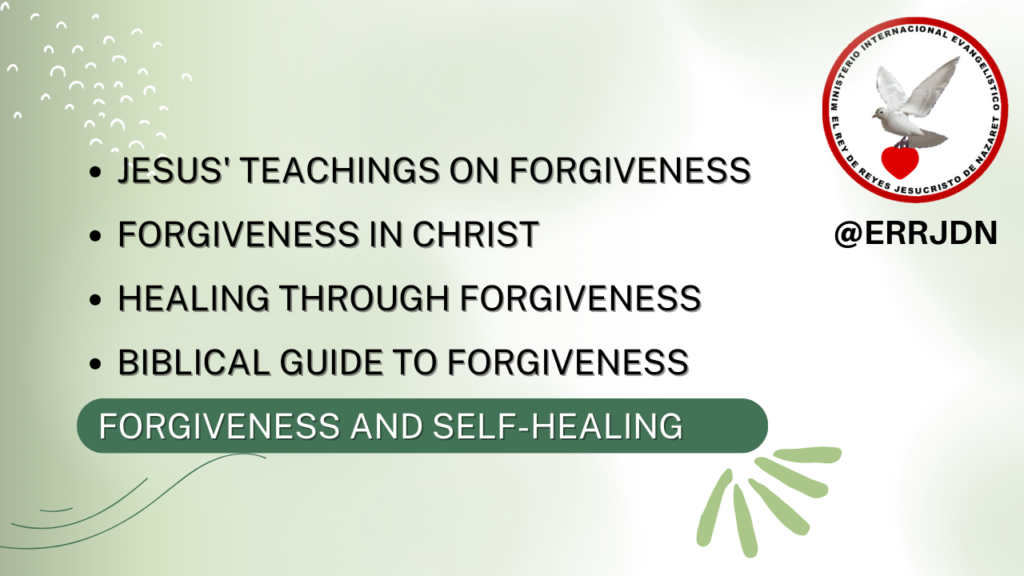
The concept of forgiveness intertwined with self-healing is profoundly emphasized in Jesus’ teachings. In Matthew 18:21-22, Peter asks Jesus how many times he should forgive someone who wrongs him, suggesting seven times. However, Jesus responds, “I tell you, not seven times, but seventy-seven times.” This teaching isn’t just about the quantity of forgiveness but emphasizes the continuous and boundless nature of forgiveness as a crucial aspect of self-healing. It promotes the idea that continual forgiveness contributes to our inner peace and emotional well-being.
The association between forgiveness and self-healing is further emphasized in James 5:16: “Therefore confess your sins to each other and pray for each other so that you may be healed. The prayer of a righteous person is powerful and effective.” This verse underscores the relationship between confession, prayer, and healing. By acknowledging our faults and seeking forgiveness from both God and others, we initiate a healing process that encompasses emotional, spiritual, and sometimes even physical healing.
Additionally, Jesus’ teachings on self-reflection and personal responsibility play a crucial role in self-healing through forgiveness. In Matthew 7:3-5, Jesus urges introspection before judging others: “Why do you look at the speck of sawdust in your brother’s eye and pay no attention to the plank in your own eye? How can you say to your brother, ‘Let me take the speck out of your eye,’ when all the time there is a plank in your own eye?” This teaching underscores the importance of self-examination and addressing our shortcomings before seeking to correct others. Engaging in this self-reflection fosters a mindset conducive to forgiveness and healing.
Forgiveness and self-healing, as taught by Jesus, aren’t just isolated actions; they are interconnected processes that facilitate emotional and spiritual well-being. Through continuous forgiveness, introspection, and seeking reconciliation, individuals embark on a journey towards inner healing, finding solace, and experiencing the transformative power of forgiveness.
Empower Forgiveness: Invoke Healing
Embracing forgiveness through the teachings of Jesus Christ enables profound spiritual growth. As you embark on this journey of forgiveness, remember His words in Ephesians 4:32, “Be kind to one another, tenderhearted, forgiving one another, as God in Christ forgave you.”
May this guide serve as a beacon of hope and healing, empowering you to embody Christ’s forgiveness in your life.
By incorporating these Bible verses and focusing on forgiveness in Jesus Christ’s teachings, this blog post aims to offer a comprehensive guide for both forgiving others and oneself. If you need prayer, please visit our form to request prayer for you or a loved one here. If you are ready to share your testimony so that God does the same in other’s lives, submit your testimony here.
Let us know your thoughts on our video to “Empower Forgiveness: Invoke Healing”. Subscribe and watch our christian messages on our youtube channel @ERRJDN.


